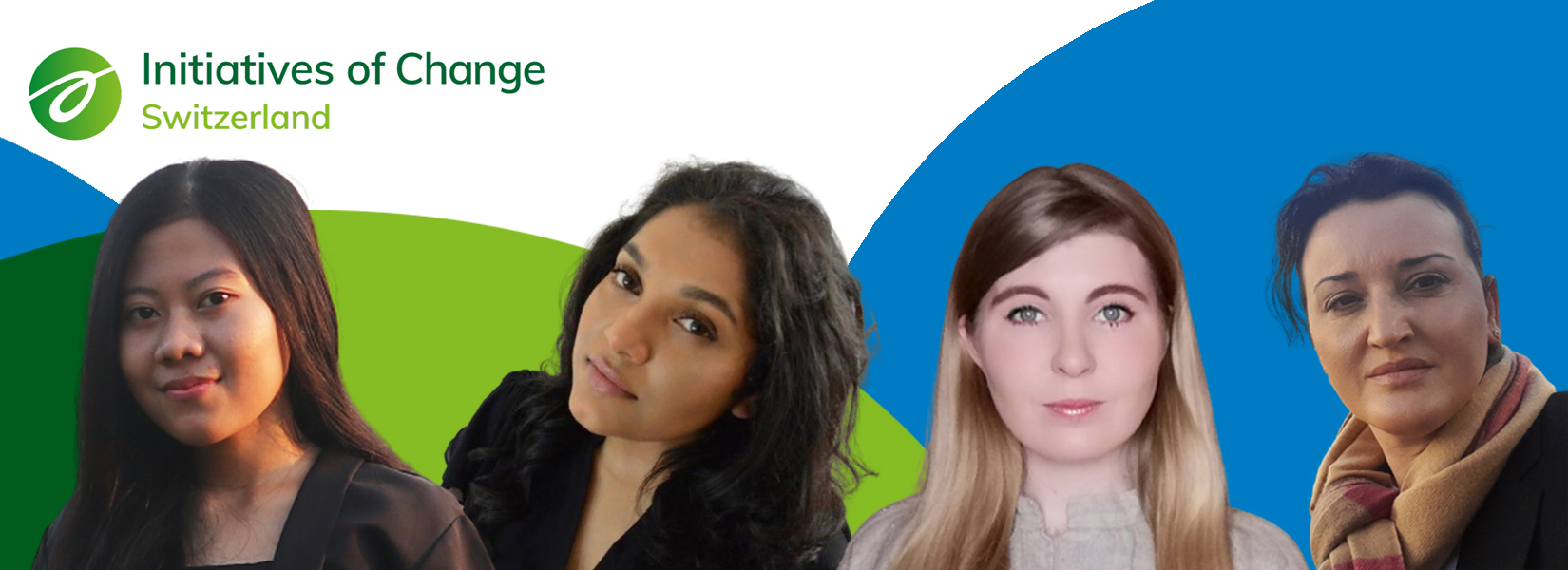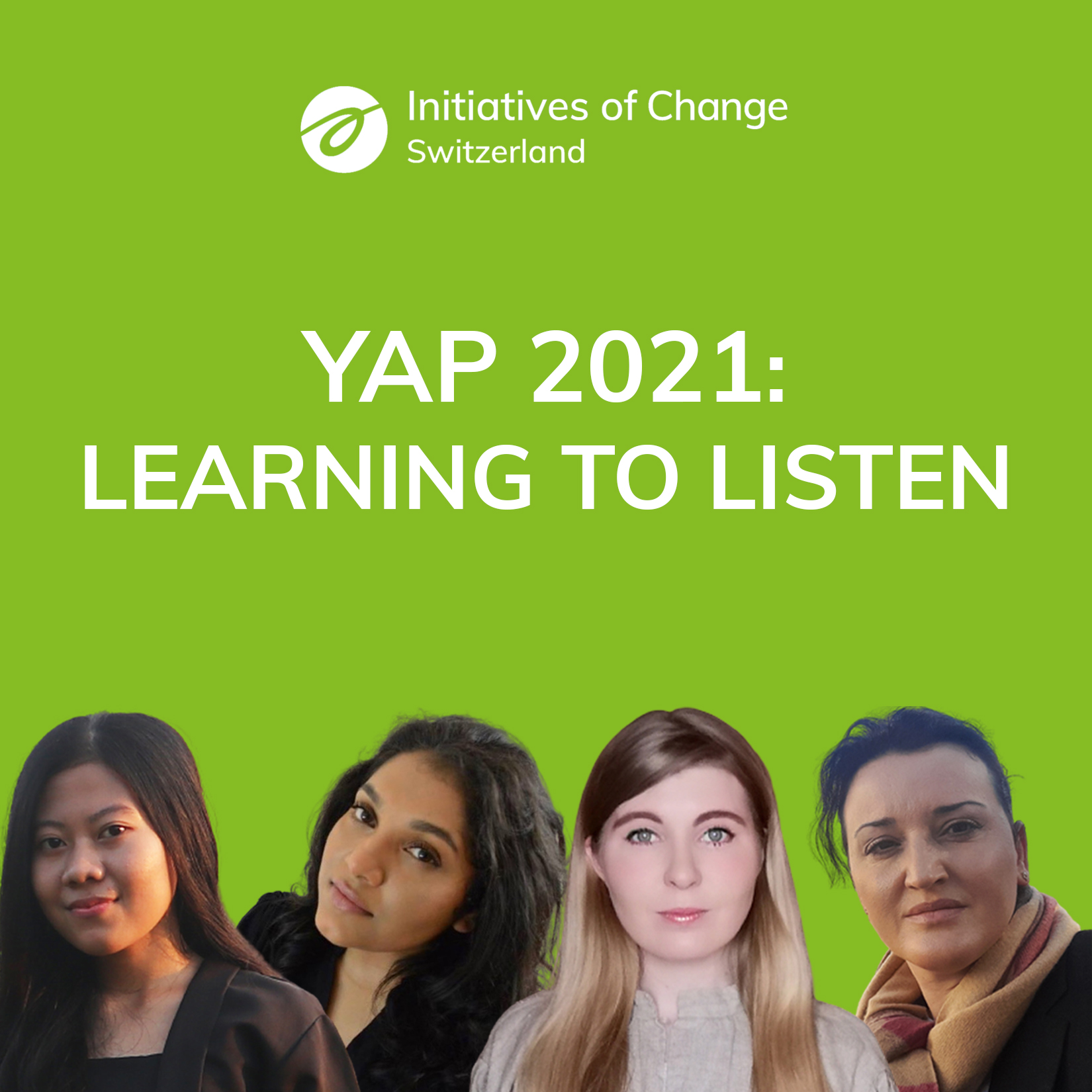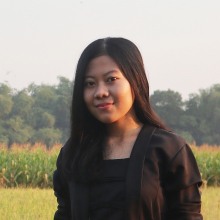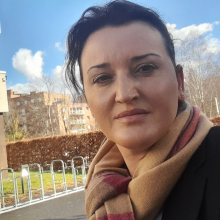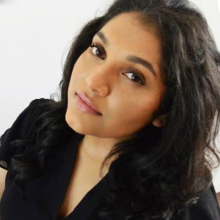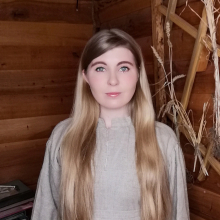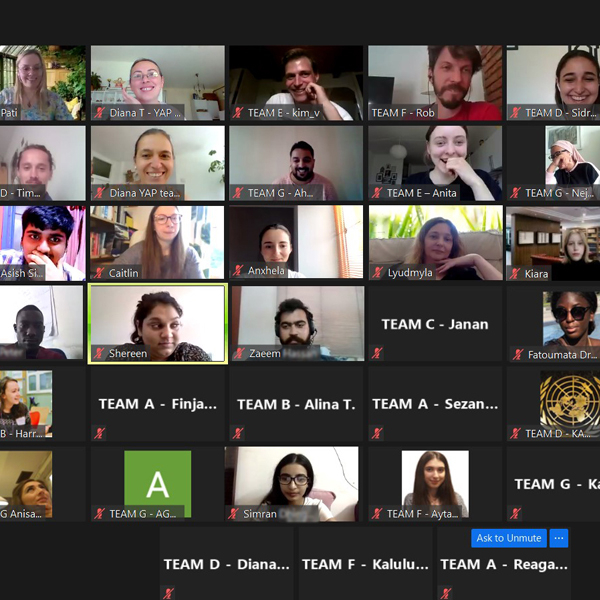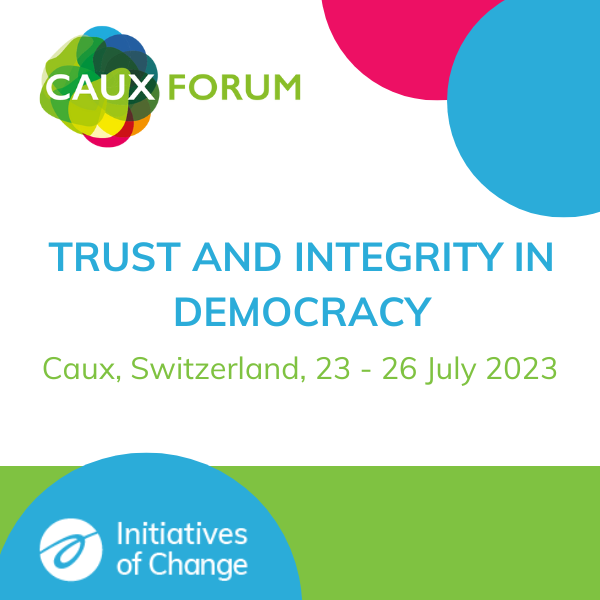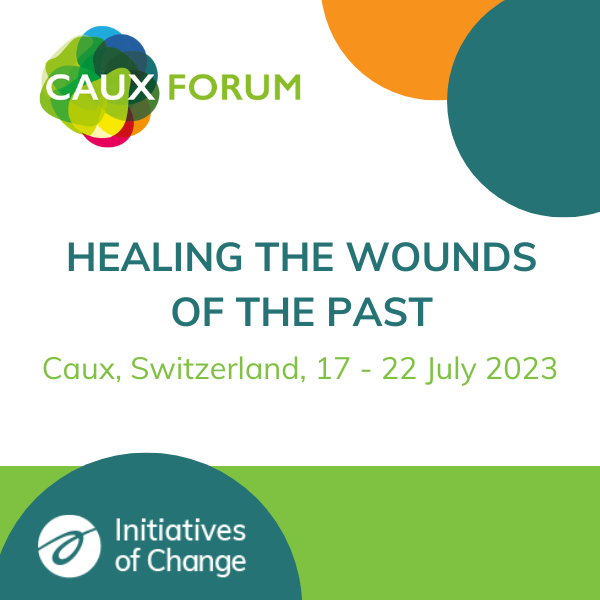Young Ambassadors Programme 2021: Learning to listen
30/03/2022
When Indonesian law student Agustina Zahrotul Jannah discovered the Young Ambassadors Programme (YAP) on Google she felt both excited and hopeless: excited because she hoped it might give her the skills to address such ‘terrifying’ issues as sexual abuse, gender inequality and child marriage; hopeless because it was focused on young people in Europe.
Then, to her delight, she discovered that the programme had been forced online by the pandemic, and had opened its doors to applications from all over the world. She signed up as one of over 60 participants in YAP 2021, the seventh such programme and the first online.
Young people as key role for positive change
‘The programme helped me to understand myself better and to get rid of insecurities,’ Agustina says. She emerged convinced that young people have a key role in enabling positive change.
Agustina describes herself as a ‘junior’ in the programme, and was somewhat overawed by the participation of people with PhDs, such as Besa Kadriu, a professor at South East European University in Macedonia. ‘Later I realized we all bring different perspectives.’
A chance to share ideas and meet people
Like Agustina, Besa was attracted to YAP because of her desire to bring change in her country, where she is part of the Albanian community. ‘In our society we have big conflicts between different ethnicities,’ she says. ‘I feel that the higher state institutions do not always do their best for the different groups.’
For Besa, taking part in YAP was a chance ‘to share my ideas and meet people who know what it means to respect the values, culture, language and symbols of others’. She was impressed by the diversity of the participants and the chance to learn from each other, and left with ideas about developing an elective study programme at her university on multi-ethnic issues.
The importance of listening
Shereen Siwpersad has been working for IofC Netherlands since April 2021 and teaches at Delft University of Technology. ‘As a communications officer and a teacher, the emphasis is always on talking, writing, sending out information,’ she says. ‘But the YAP programme put a lot of emphasis on listening in an empathetic and engaged manner. The listening exercises helped me to become a better teacher. I think I am now better able to show empathy and pick up on the things my students are not saying.
‘If I was to describe YAP in three words I would say thought-provoking, inspiring and wholesome. There was a really good group dynamic, good atmosphere and good ideas.’
Playing an active role in transforming society
‘YAP helped me become a confident speaker on serious global issues, without fear of judgment,’ says Kairi Kuusemaa, who is a Relationship Manager at her family’s organic farm in Estonia and represents her country at Ubuntu United Nations, a dialogue platform which brings together young people from 193 countries.
‘I attended YAP 2021 because I wanted to play an active role in transforming society and to explore the dynamic relatationship between personal and global change,’ she says. ‘I was afraid that I would not be able to make a positive difference in my community, but I gained the confidence that anything in this world is possible.’
In spite of the online format, many of the participants made strong connections with each other. ‘We still help each other until now,’ says Agustina.
If I was to describe YAP in three words I would say thought-provoking, inspiring and wholesome.
Written by Mary Lean based on interviews by Hajar Bichri
